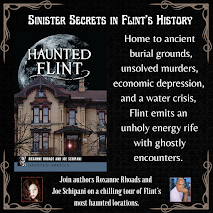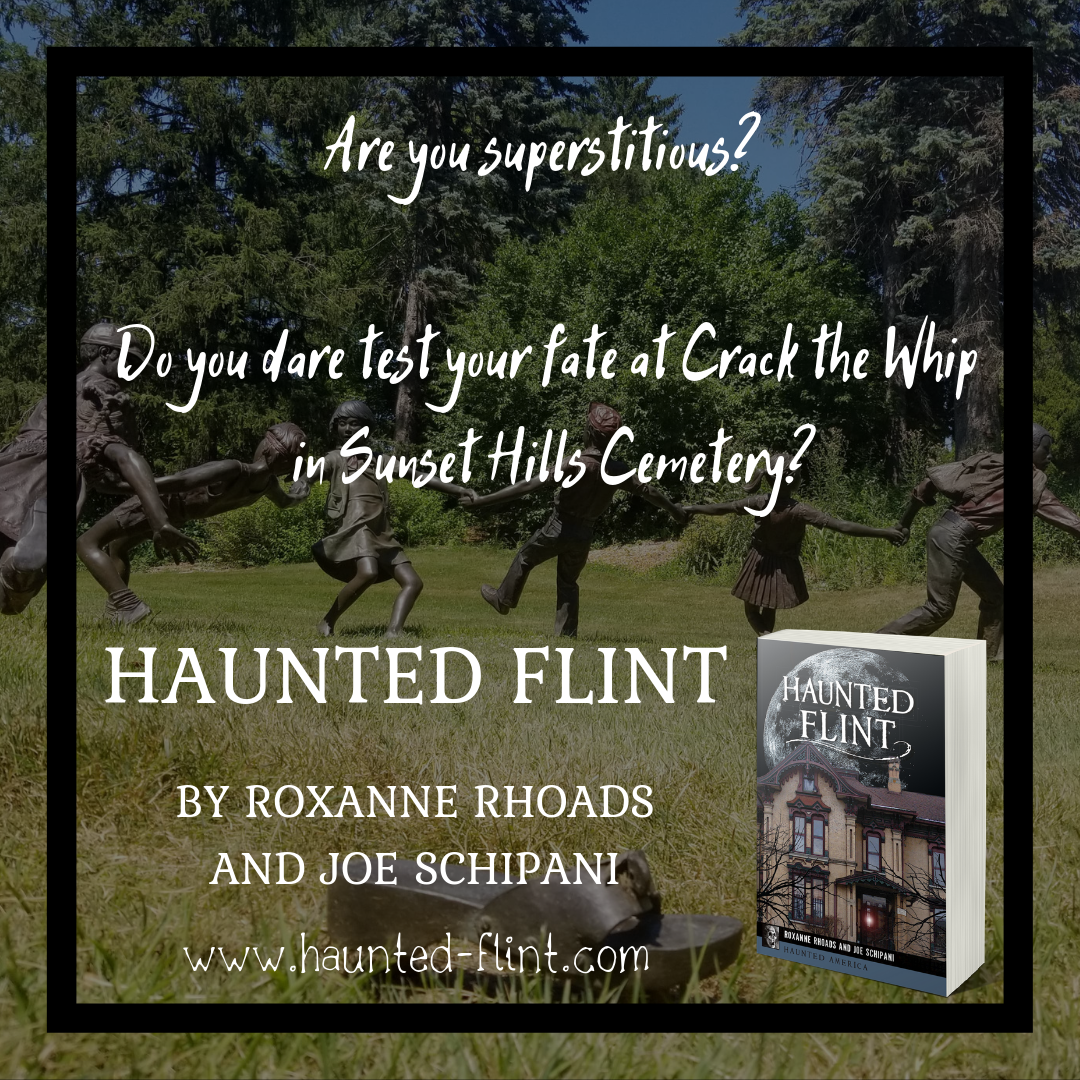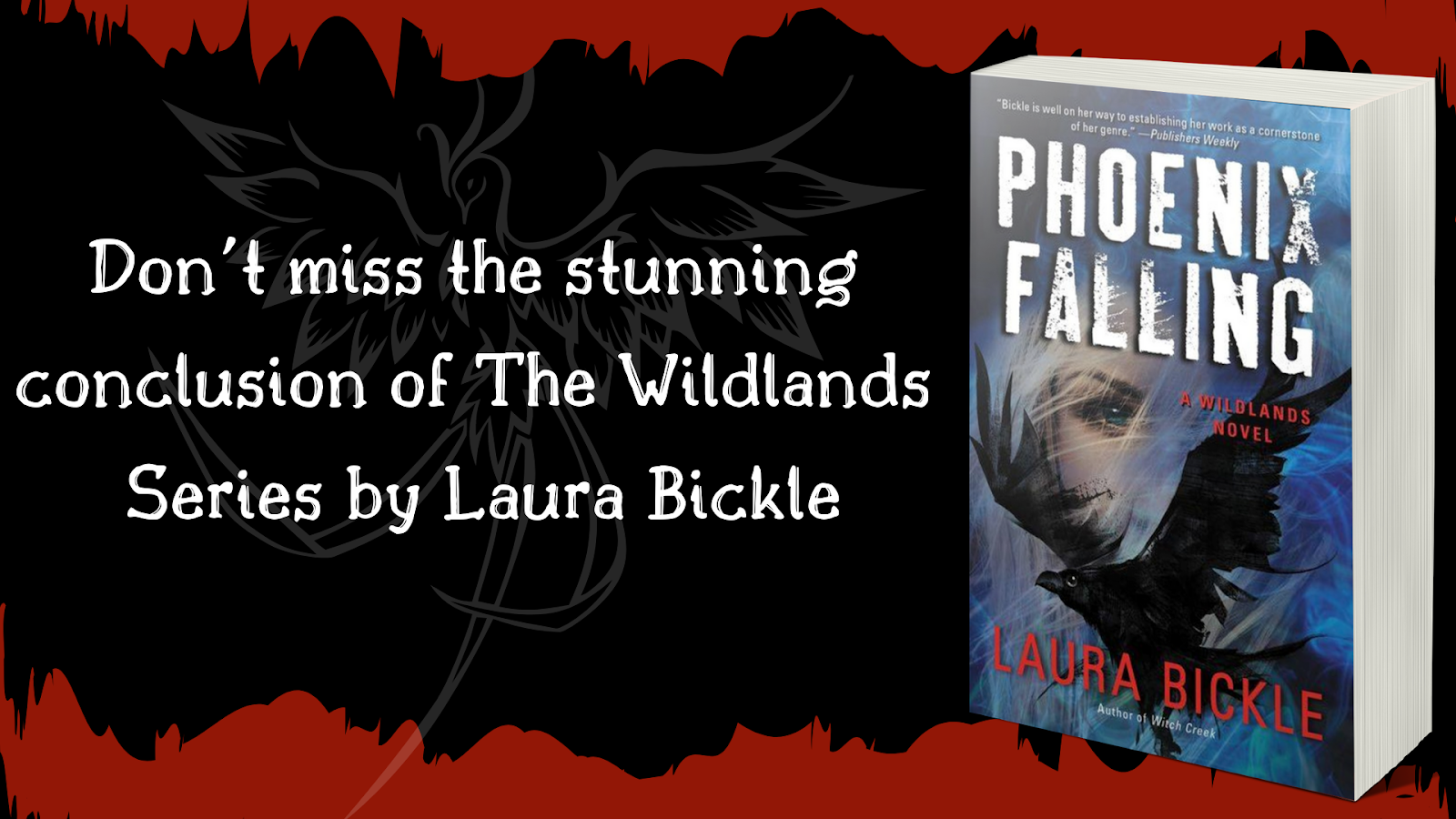What draws you to reading and writing ghost
stories?:
Shannon: I find I write best when I
push myself to explore the uncertain, the uncomfortable, and the unacceptable.
Often, this takes my writing in the direction of the fantastical: many of my
stories have elements of fairy tales, folk tales, and the supernatural. As a
narrative form, ghost stories specifically interest me because of their
potential for psychological ambiguity, their metaphoric ability to communicate
fear and pain. I like to venture down into the unlit basement. Allegorically
speaking, as a writer and a reader. In real life, I’m afraid of the dark! I’m
only half-joking. A few years ago, past midnight, as I was stumbling through my
pitch-black kitchen, I had a sort of silly revelation: everything at night – in
this moment, my kitchen – is exactly the same as it is in the daytime except
there’s an absence of light. I couldn’t hang onto that sensible thought: the
nighttime darkness just feels like a different world – familiar, and yet
strange. Freud calls this creepiness Das
Unheimliche (which translates as “the uncanny,” but it sounds so much more
elegantly menacing in German).
Jamie: A good story – the best of
stories, in my opinion – grabs and engages the reader on a deeply emotional
level. Some make us bite our lips to stifle late-night laughter; some make us
glance up in embarrassment in the coffee shop, hoping that no one notices that
our eyes are red and watery – hoping, too, that even if they do notice, we can pawn it off as
allergies. A good ghost story – a good horror story, although the two aren’t
always mutually exclusive – can grab two of our most atavistic emotions at once
and wring them for all they’re worth: wonder and fear. In short: I enjoy
reading them because they remind me of what it means to be afraid of the dark.
Terrence: The idea that there is
something left over after death – is not pleasant. People who live on, in some
wan fashion, after they die, are in a real pickle. What did they do to deserve
being one of the not-quite-dead? What do they do now? Are they so pissed about
their involuntary condition that they take it out on the living (e.g., by going
“whooo…whooo” and scaring the s*** out of them?). There is a curse of not being
able, finally, to let go. The stories of these, the most unfortunate of the
unfortunate, call out to us. We may be next.
Where did the idea for your Specter
Spectacular story come from?
Shannon: “Wendigo” is, in part, a story
about addiction – one that it draws on personal experience, although at a
remove. Someone I care for has had problems with alcohol. He was a habitual,
late-night drunk-dialer, and I always took his calls. He’d be morose, but
aggressive; talkative, yet unreachable. One night he called me, drunk to the
point of distortion. Only his misery came through clearly. As he spoke, I had a
sudden image of him talking to me from hell, and I couldn’t shake it. I began
writing this story soon after. In its own way, I think addiction is a curse, a
possession. Not only is the addict haunted, but the addict haunts family and
friends; everyone involved is haunted by notions of who the addict used to be
or could be, sober.
Jamie: When I was a child – eight or
nine, I guess? – and living in southern Ohio, tornado watches and warnings were
a pretty common experience. While staying at a relative’s, we had a tornado
warning, and we went down to the basement. I can’t remember why I did it, I do
remember that the sound that came from the other end of the phone – some error
signal I’d never heard before – scared me very badly. This piece of technology,
which had been there the way my
parents had been there (that is, as
something before I was, something that proved there was a world before me), had
gone bad. And, as absurd as it sounds, the idea of that not just terrified but horrified me: that something that seemed
as evil as the tornado could break something so fundamental. Although the
situation and setting isn’t the same, I wanted to try and write about that
fear, and it became the climax of the story. (And I should add that the story
wouldn’t have been written were it not for a prompt in Matthew Vollmer’s
fiction workshop).
Terrence: In Don Giovanni, the statue of the murdered Commendatore appears, and drags the Don down to Hell. There must
have been a time when the statue first realized that it was – had been –
someone whom the Don had killed. Perhaps it was being carved – by a second-rate
sculptor who worked on the cheap – who resented having to do hack jobs for a
few ducati. The statue remembered –
that there had been a life before; and how it had ended – and how there could
be revenge.
What is your favorite ghost story of all
time?
Shannon: I deeply admire (and drew
inspiration from) Don Chaon’s “The Bees”, which is also a ghost story that
deals with alcoholism. “The Bees” features a man who has ditched his drinking
and his destructive ways – but his happy ending with his wife and young son is
beginning to blur at the edges. The past, the awful past, begins to leak into
the present. Chaon’s former addict is, I think, a dark double, and his former
life, an underworld of the self. This story is relentless, start to finish;
it’s bookended by two horrific, fascinating images and moves swiftly between these
two points. “The Bees” can be read as a psychological
thriller, a mystery, a tale of the supernatural, an allegory of addiction: all
elements are present, and form part of a tight narrative weave. There is
nothing self-helpy here, and nothing moralistic either – just terrific
storytelling. I also love Charlotte Perkins Gilman’s classic, “The Yellow
Wallpaper”, an early feminist tale of a woman’s breakdown, instigated by a
forced “rest cure.” The woman’s projections onto the wallpaper of her gentile
cage are so disturbing, and yet so coolly articulated: she’s a ladylike
madwoman, right to the very end when she crawls over her belatedly shocked
spouse.
Jamie: The Shining, by Stephen King. It was the book that taught me that
good characters are the key to good horror. When you feel things for the characters (despite – or maybe
because of – their flaws) before the horror even starts, it magnifies your fear
as the reader. The Overlook is scary, no matter how you look at it, but
thinking of Jack and Wendy and Danny as real people trapped inside makes the
fear metastasize into terror.
Terrence: In the O.T., King Saul calls
up the ghost of the prophet Samuel. Samuel has a terrible prophecy for Saul.
Saul should have never tried to raise the dead, because the prophecy may never
have come true had Samuel not been so incensed at having been raised to a kind
of re-lived life.
 World Weaver Press presents Specter Spectacular: 13 Ghostly Tales anthology of short fiction edited by Eileen Wiedbrauk. New!
World Weaver Press presents Specter Spectacular: 13 Ghostly Tales anthology of short fiction edited by Eileen Wiedbrauk. New!


Spirits, poltergeists, hauntings, creatures of the dark —Specter Spectacular: 13 Ghostly Tales delivers all these and more in thirteen spooky twists on the classic ghost story. From the heartwarming and humorous to the eerie and chilling, this anthology holds a story for everyone who has ever been thrilled by the unknown or wondered what might lie beyond the grave. Step inside and witness ghosts of the past, tales of revenge, the inhuman, the innocent, the damned, and more. But be warned — once you cross the grave into this world of fantasy and fright, you may find there’s no way back out.
Featuring work by Amanda C. Davis, A. E. Decker, Larry Hodges, Sue Houghton, Andrea Janes, Terence Kuch, Robbie MacNiven, Kou K. Nelson, Jamie Rand, Shannon Robinson, Calie Voorhis, Jay Wilburn, and Kristina Wojtaszek.
___
- Release date: September 25, 2012
- Genre: Contemporary and historical ghost stories
- Anthology length: 155 pages
- Praise for Specter Spectacular
- Excerpts from Specter Spectacular
- About the authors of Specter Spectacular
Praise for Specter Spectacular
“I loved this anthology. Creepy stories to haunt you, funny stories to charm you, and ghosts that made me shiver and smile. Like a ghost tour through a hundred towns, this was one ride I wanted to last forever.”
— Alex Hughes, author of Clean
— Alex Hughes, author of Clean
“Poignant and spooky”
— K.C. Ball, Publisher and Editor of 10Flash Quarterly
— K.C. Ball, Publisher and Editor of 10Flash Quarterly
“A nice little collection to read this Halloween … a fun, quick read.”
— Tangent
— Tangent
Tangent on individual tales in the collection:
- On “Cinder”: “A tale that tries to be different. And it succeeds. The prose is strong and action is paced perfectly.”
- On “Wendigo”: “Absolutely chilling … made my blood race. And that doesn’t happen often at all.”
- On “The Secret of Echo Cottage”: “Perfect for a cool Halloween afternoon with a cup of cocoa.”
- On “Cooter, Ass-munch, and Me”: “The collection’s finale is a quirky entry with a lot of style … told with some flare and a nice little ending, bringing the collection to a satisfying end. “
Excerpts from Specter Spectacular
From “My Rest a Stone” by Amanda C. Davis:
We are all in the lifeboat and our noses are full of the salt sea and I am hugging my dolly, like always, when her head wobbles once and falls off. The stringy hair slides through my fingers and right over the side. It rolls away with her curls all waving around in the water and her glass eye winks at me to say ha ha, she is leaving. She is leaving and I am not.
So I scream. I am not as good at screaming as I used to be so sometimes I do it for practice, for When We Are Rescued. I scream for a long time.
Mr Bauman says Will Someone Shut That Child Up.
Mrs Adde says Let Her Scream Perhaps Someone Will Hear.
Be A Brave Girl says Miss Mary who I think has forgotten how to say anything else.
I Do Hope My Husband Found A Lifeboat says Mrs Baron because she says it all the time, just like Miss Mary says Be A Brave Girl until I want to hide my face in her skirt and cry, to be cowardly just for spite.
But I don’t. I keep screaming. For practice.
[Read the rest of this story in the anthology.]
From “Alabaster” by Jamie Rand:
By Ben’s watch—which he always kept ten minutes fast, because that was what his father did—it was almost five o’clock when they turned from the pavement and followed the rutted tracks deeper into the forest. His uncle Dave, up in the passenger seat, turned the radio down. Grass hissed against the underside of the Jeep and thin branches skittered against the canvas top. It reminded Ben of the sound his nails made when he’d scratch his leg through his jeans.
When the trail climbed a steep hill his father dropped into second and gunned the engine. Ben felt his stomach lurch as the Jeep pitched backwards. Pennies and dimes tumbled from the ashtray and rolled under the seats. A quarter bumped against Ben’s shoe and he wiggled down to pick it up.
Dave turned around to look at him. “Almost there, Benny. Excited?”
“Hell yes!” he said, slipping the quarter into his pocket. And then, almost immediately: “Sorry for cussing, Dad.”
His father either didn’t hear him or elected not to; his eyes were on the road, such as it was. It took a hairpin turn—Ben saw the ground drop away outside his window—and climbed at an even steeper angle. His father downshifted into first. The engine roared like a bear ready to charge. Ben could smell exhaust and burning oil.
“I think we were just about your age when your grandpa first took us here,” Dave said. He had to almost shout to be heard over the motor. “That right, Mark?”
“Yeah,” his father answered. “I was twelve, I think. Maybe thirteen. You were ten.”
Ben could imagine his uncle that young—his mom often called him a thirty-year-old boy, so that wasn’t a huge leap—but his dad? No sir. Trying to imagine his father without his beard, without the premature gray in his hair, trying to picture him without the pack of cigarettes in his shirt pocket or with fingers that weren’t dirty under the nails? That was like dividing by zero. Mrs. Jankowski had taught him that in class last year. It was impossible.
Dave smiled. But it was strange. Benny had never seen him smile like that before. Tight-lipped, eyebrows up, eyes narrowed. He opened his mouth like he meant to talk but shut it and glanced at Ben’s father. Then, like he was making a joke, he blurted, “Your watch working, Benny?”
Before Ben could answer his dad did it for him. “Shut the fuck up about that, Dave.”
“It’s working fine, Dad,” Benny said, confused and a little hurt at the way he’d sworn. It was an Armitron, a digital with two different time settings, a stopwatch, and a display at the top that told him the day, month, and year. Press a button and the face glowed a radioactive green. It even had a little flashlight, small but bright, like they sometimes sold as key rings. It had been a present for his birthday last week. Brand new. Why wouldn’t it work?
[Read the rest of this story in the anthology.]
From “Cinder” by Kristina Wojtaszek:
Beyond the rhythmic rasp of his own breath, Edan could hear the house cry out in death. Rafters buckled and snapped behind him, piercing through the hiss of water from the live line his buddies had dragged in. They were battling the beast at ground level while he searched the second floor. He struggled down the hall where he’d heard whimpering a moment ago, then ripped off his mask in a last effort to see the door more clearly. Soot-blackened tears fell and his lungs heaved, rejecting the toxic air; his whole body was racked with pain as he coughed out smoke. Embers, like tiny fairies, burst into wild flight as he threw his body into the door. His daughter would see things like that—find beauty in the midst of hell. He choked on the thought and took a draw of oxygen from his mask once more. Why, when the roof was disintegrating and the rooms he’d traveled through to get here were nothing more than a gaping inferno, was this damn door so stubborn? Parting his thoughts like a curtain was his little girl. If she only knew what lay beyond the door … Finally, his boot buckled its center, shards snapping, releasing a cool draft from the broken window inside. Glass littered the floor, a thousand stars reflecting heat. There she was. He’d expected her to be bigger, but then, everyone who crumpled and slept from smoke inhalation looked small and deflated. He couldn’t see her sides heave. He strained, ran his gloved hand along her charred fur, feeling for life. He lifted her gently, her head hanging limp over his shoulder, and started carefully back down the hall. From another room he yelled down, and a ladder was shifted over to him. Heading down through the starless night, he could hear his comrades shouting and clapping above the wails of an ambulance.
[Read the rest of this story in the anthology.]
From “The Haunts of Albert Einstein” by Larry Hodges:
For every living human being in the world today, there are about thirty from the past who, by virtue of no longer being alive, are now dead. So while there are about 6.6 billion living humans on the planet, there are about 200 billion dead humans.
Ghosts.
Now ghosts don’t want to be dead just anywhere. Would you want to be dead for eternity in some desolate ocean covered with plankton? Or freezing your ectoplasm off on some desolate glacier with a bunch of dancing penguins? Or, God help you, in New Jersey? So there are only about 22 million square miles of land that are deadable for ghosts.
That’s 9000 ghosts per square mile. Nine Thousand! If you think Earth is crowded with humans with their paltry 300 per square mile, imagine what it’s like for the 9000 ghosts. Sardines!
That’s why the ghost of Albert Einstein, no longer constrained by the artificial ethical concerns created by the prefrontal cortex of a living human brain, decided to solve the problem of ghost proliferation.
[Read the rest of this story in the anthology.]
Read print edition for $8.99 from these retailers and others:
Amazon
Amazon
About the Authors
Amanda C. Davis is a combustion engineer who loves baking, gardening, and low-budget horror films. Her short fiction has appeared in Shock Totem, Orson Scott Card’s InterGalactic Medicine Show, and others. You can follow her on Twitter @davisac1 or read more of her work at www.amandacdavis.com.
A. E. Decker is a former ESL tutor, doll-maker, and historian determined to build a career as a full-time writer. She holds degrees in English and History and is a graduate of the Odyssey Writing Workshop. At present she is editing an anthology for the Bethlehem Writers’ Group, writing the occasional short story, and working on a novel about a tomato-obsessed hit man of the supernatural.
Larry Hodges, of Germantown, MD, is an active member of SFWA with over 60 short story sales, over 40 since 2008. His story was the unanimous grand prize winner at the 2010 GSHW Story Competition. He’s a 2006 Odyssey Writing Workshop graduate, a full-time writer with six books and over 1300 published articles in over 130 different publications, and a member of the USA Table Tennis Hall of Fame. Visit him at www.larryhodges.org.
British author, Sue Houghton, had her first short story published in 2001 and has since become a regular contributor to most of the women’s magazines in the UK and around the world. She has written for ezines and given quotes for several publications on the art of creative writing. Her work has won competitions and her stories have appeared in seven anthologies. Sue’s dream is to have her novel published.
Andrea Janes lives in Brooklyn, New York. From her front window she can see Upper New York Bay, a Victorian cemetery, and a high-voltage ConEd substation. She loves ghost stories, all things nautical, and tremendously big breakfasts.
Terence Kuch is a consultant, novelist, and avid hiker. His writing has appeared inCommonweal, Diagram, Dissent, New York magazine, North American Review, Slow Trains, Washington Post Book World, Washington Post Magazine, etc., and has been anthologized by Random House and McGraw-Hill. A world traveler, his literary and speculative fiction has been published in the U.S., U.K., Canada, Australia, India, and Thailand.
Robbie MacNiven is a small-time author and freelance journalist living in the Highlands of Scotland and currently enrolled as a full-time student at the University of Edinburgh, studying History and English Language. In between exams (only a passing discomfort) and writing Robbie follows politics, football, backstabs people on Team Fortress 2 and stalks small presses online to see if they have a “submit” button. He generally prefers cats to dogs, and is 20 years old.
Kou K. Nelson lives with her husband and dogs in the way East Bay of Northern California. She enhances her history degree by visiting cities that treasure their past, St. John’s, Newfoundland, among them. She shared her love of history by teaching high school social studies for 15 years. She now owns her own dog training business, but continues to immerse herself in days of yore by attending period costume balls and various folk festivals.
Jamie Rand is currently working toward his MFA at Virginia Tech. He has stories published inAbsinthe Revival, Blood Lotus, carte blanche, and Annalemma Magazine. He also has a short story in the anthology Best New Writing 2011.
Shannon Robinson’s work has appeared or is forthcoming in Nimrod, Sycamore Review, Crab Creek Review, Sou’wester, New Ohio Review, Prick of the Spindle, and New Stories for the Midwest. Recent honors include the Katherine Anne Porter Prize, an Elizabeth George Foundation grant, and a Hedgebrook Fellowship. She holds an MFA from Washington University in St. Louis, and this past fall was the Writer-in-Residence at Interlochen Center for the Arts.
Calie Voorhis is a life-long fanatic of the fantastic, with stories in Ray Gun Revival, Beyond Centauri, Fusion Fragment, and The Online Anathema Anthology, and stories in the print anthologies Dead Set: A Zombie Anthology, Space Sirens, Farspace 2, DOA – Tales of Extreme Terror, Andromeda Spaceways Inflight Magazine – Issue 51, and Anywhere but Earth, among others. She holds a BS in Biology from UNC-Chapel Hill, an MFA in Writing Popular Fiction from Seton Hill University, and is an Odyssey Writing Workshop alumna.
Jay Wilburn is a public school teacher in beautiful Conway, South Carolina, where he lives with his wife and two sons. He has published many horror and speculative fiction stories. His first novel, Loose Ends: A Zombie Novel, is available now. He is a columnist for Dark Eclipse and for Perpetual Motion Machine Press. Follow his many dark thoughts at JayWilburn.com and @AmongTheZombies on Twitter.
Kristina Wojtaszek grew up as a woodland sprite and mermaid, playing around the shores of Lake Michigan. She earned a BA in Wildlife Management as an excuse to spend her days lost in the woods with a book in hand. She currently resides in the high desert country of Wyoming with her husband and two small children. She is fascinated by fairy tales and fantasy and her favorite haunts are libraries and cemeteries. Her novella Opal a unique twist on the tale of Snow White, comes out this November.
About the Editor
Eileen Wiedbrauk, Editor-in-Chief of World Weaver Press, is an editor, writer, collegiate English instructor, blogger, coffee addict, cat herder, MFA graduate, fantasist-turned-fabalist-turned-urban-fantasy-junkie, Odyssey Writing Workshop alumna, photographer, designer, tech geek, entrepreneur, avid reader, and a somewhat decent cook. She wears many hats, as the saying goes. Which is an odd saying in this case, as she rarely looks good in hats. Her creative work has appeared in North American Review, Swink, Enchanted Conversation, and others. Her website, Speak Coffee to Me, can be found at eileenwiedbrauk.com.


















No comments:
Post a Comment